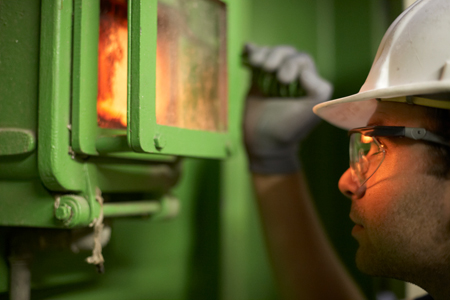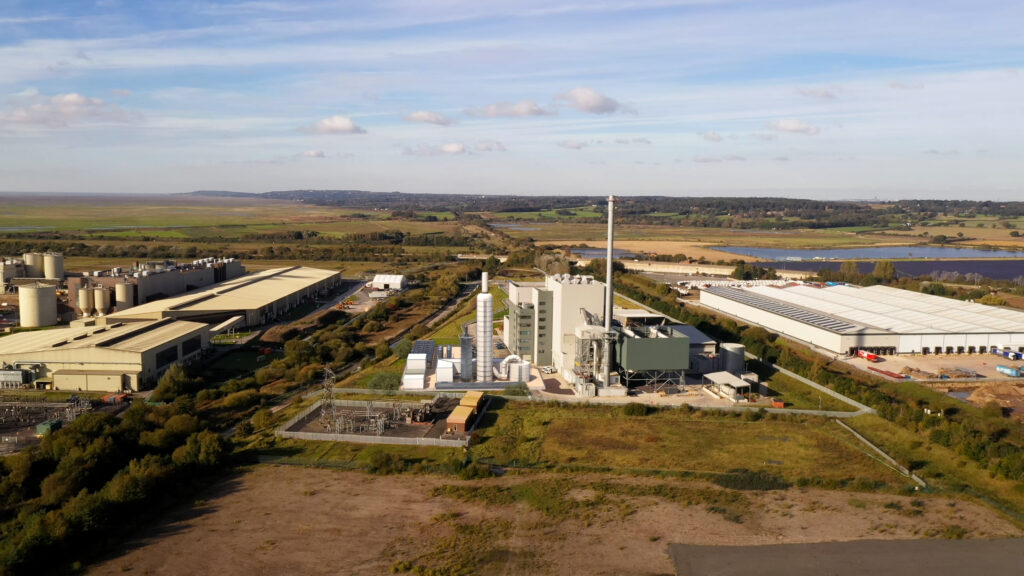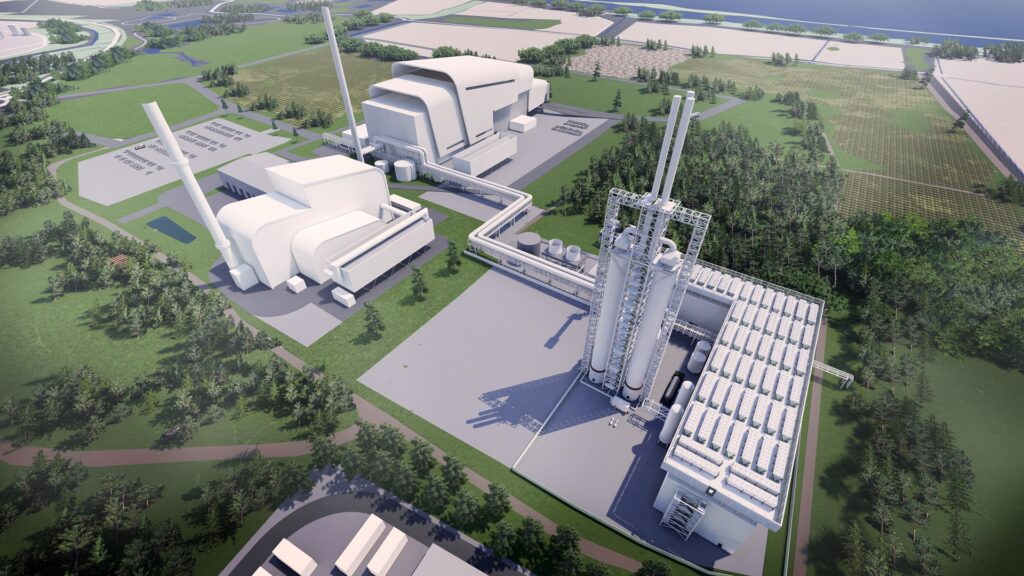Beth Winter, Labour MP for Cynon Valley, asked the department in a written question submitted on 2 December what plans there were to prevent the replacement and upgrade of incineration plants in England.
Responding yesterday (18 January), Mrs Pow said Defra was not considering a moratorium. However, she added: “There is no financial advantage for either the public sector or the market to deliver excess energy from waste capacity and proposed developments must not result in overcapacity of energy from waste treatment at a national or local level.
“We want to see greater plant efficiency through, for example, wider utilisation of the heat released during combustion in district heating networks.”
Mrs Pow previously told parliament in December there were no plans for a moratorium in England and dismissed suggestions that EfW competed with recycling (see letsrecycle.com story).
At the time, she also said Defra had committed to monitoring residual waste treatment capacity in England and intended to publish fresh analysis on the current landscape “in due course”.
Moratorium
In December, waste management company Biffa urged the government to consider a moratorium on approving more EfW plants in England, saying there were already “more than enough consented facilities and it is likely many will never be built” (see letsrecycle.com story).

The Welsh Government put in place a moratorium on new EfW plants with a capacity of 10 megawatts (MW) or more in March 2021 (see letsrecycle.com story). Additionally, the moratorium means “small-scale” plants, of less than 10MW, are only allowed if applicants can show “there is a need for such facilities in the regions in which they are planned”. Small plants must also supply heat.
Last June, the Scottish Government committed to a moratorium on new EfW plants following an independent review into the role of incineration in the country (see letsrecycle.com story). Infrastructure firm Peel L&P expressed concerns the ban risked “stifling innovation” (see letsrecycle.com story).
Sanitation infrastructure
Meanwhile, the Environmental Services Association (ESA), the trade association representing the private waste sector, has hit back at an article in The New Statesman which says there is “‘nothing green’ about soaring waste incineration”.

Within the article, Nick Ferris, data journalist at New Statesman Media Group, says burning waste “produces more carbon emissions than natural gas and is no substitute for recycling”.
However, in an open letter sent to The New Statesman on 17 January, Jacob Hayler, the ESA’s executive director, says the article presents a “rather one-sided and subsequently misleading picture” of the role played by EfW in the UK, “without offering a viewpoint from the industry or policymakers responsible for this infrastructure.”
Mr Hayler writes: “Recovering energy from waste not only contributes reliable baseload power to the UK’s energy mix but is a vital part of the UK’s sanitation infrastructure, replacing landfill as the primary means of treating societal waste left over after recycling.”
He adds: “The growth of incineration and recycling in recent years corresponds with a decline in waste volumes to landfill. EfW is now the ‘end of the pipe’ and only comes after residents and businesses have separated materials for recycling, so it does not directly and actively draw these recyclable materials into the process.”











Subscribe for free